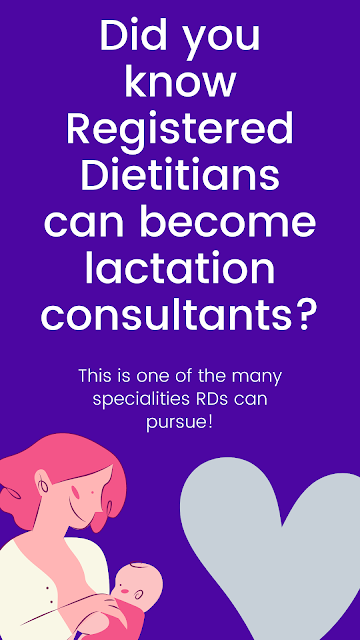Written by: Kai Wan, SLU Dietetic Intern
The story of my diabetes education
I was matched to the Dietetic Internship program at Saint Louis University in 2021; I will be finishing my internship this August. My short-term goal is to become a registered dietitian and a CDCES.
My first clinical rotation was about Diabetes back in August of last year. This rotation only lasted two weeks and I thought that would be all the time that I was going to spend on studying about diabetes. However, I was totally wrong. Soon after I went into my gastrointestinal rotation, I saw patients with GI issues and diabetes. In the renal rotation, I spend a lot of time educating my patients about how to manage their diabetes to decrease the risks of further kidney damage. I have also seen diabetes patients in the geriatric, pediatric, and almost every other rotation. What’s more, I was assigned the topic of “self-management on diabetes and hearing loss program” as my capstone project at the beginning of my internship, which was actually my second choice. It feels like it was fated when I’m looking back now.
What is CDCES and how do you become one?
Certified Diabetes Care and Education Specialists are a group of healthcare professionals who provide collaborative, integrated, and individualized care and education to people with diabetes and diabetes related conditions. They are the healthcare providers who have achieved a high level of knowledge and skills in the biological and social sciences, communication, counseling, and education and who have experience in the care of individuals with diabetes (ADCES, 2022).
Briefly, healthcare providers like nurses, dietitians, pharmacists, physicians, mental health professionals and others who choose to specialize in diabetes education are able to become a CDCES. Individuals who pursue the CDCES credential will need at least 2 years of professional experience, plus 1,000 hours of diabetes education over the previous four years, complete at least 15 hours of continuing education from a provider recognized by the Certification Board for Diabetes Care and Education (CBDCE) within two years of applying for the exam, and pass the CDCES examination.
What made me want to become a CDCES?
There were so many reasons that contributed to my decision to pursue becoming a CDCES.
Just as I mentioned before, I have interacted with a lot of diabetes patients in almost all of my rotations. Not only Have I learned a lot of new information about diabetes while I was preparing the interactions and educations, but also I have realized that there is a unique story behind every single patient with diabetes which has always triggered my curiosity to learn more about the relationship between lifestyle and diabetes.
I was so lucky to have more than one CDCES’s as my preceptors and mentors during my internship and graduate school. What inspired me the most is all of them are extremely passionate on diabetes educations. I could feel their passion from each patient interaction that I observed. I could feel their excitement when they see patients improved lab values. I could feel their happiness when a patient makes positive comments on the education they were given.
The prevalence of diabetes in the US has been increasing dramatically in the past decades, which means that there are more and more people that would benefit from receiving diabetes education. According to data from CDC, as of 2022 there are 37.3 million people that have diabetes in the U.S., which is 11.3% of the entire U.S. population (CDC, 2022). My grandmother passed away due to the complications of diabetes. I wish I knew more back then so I would be helpful to teach her on how to follow a consistent carbohydrate diet and switch lifestyle choices to improve her diabetes management. I believe that she would love to see that I am pursuing to become a CDCES and help more people with diabetes.
Sources:
https://www.diabeteseducator.org/practice/becoming-a-diabetes-care-and-education-specialist https://online.adelphi.edu/articles/certified-diabetes-educator/#:~:text=The%20professional%20practice%20experience%20requirement,of%20applying%20for%20the%20exam CDC, https://www.cdc.gov/diabetes/data/statistics-report/index.html


